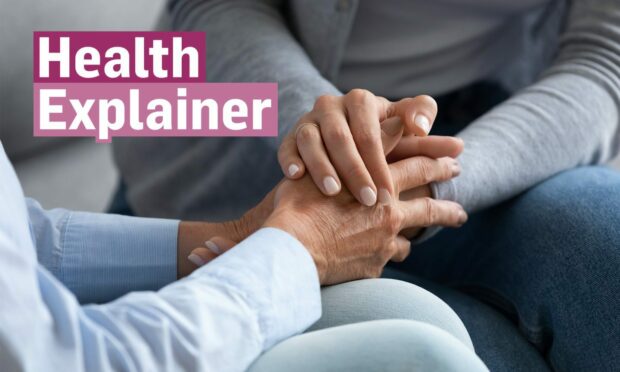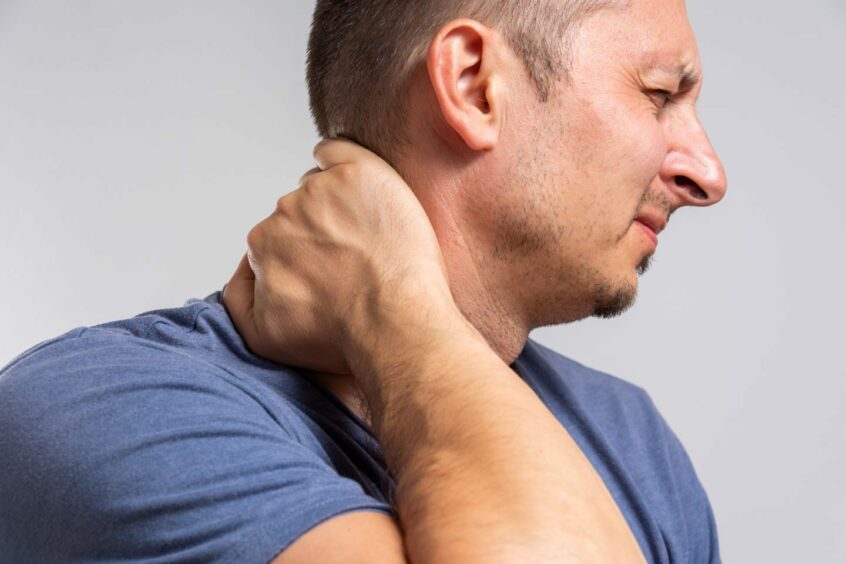Someone grieving may feel profound sadness or loneliness, but did you know the symptoms can also be physical?
Aberdeen psychotherapist Jennifer Broadley says there are many ways grief can impact the body – and has shared advice on how to cope.
Sleeping pattern
Those going through a bereavement often experience disruption in their sleeping patterns.
Jennifer says this is particularly the case for those who had a loved one die unexpectedly.
“Our brains are huge problem-solving organs and when a significant-to-us person has died it will ponder questions like: ‘How did that happen? Could I have predicted it?”
So at night, when there are fewer distractions and we should be sleeping, our brains turn to all the possible solutions for the uncertainty we’re experiencing

Loss doesn’t just cause someone to lose sleep, in some cases the opposite can occur.
Jennifer said: “Sometimes grief can prompt a person to oversleep – napping frequently during the day, or sometimes sleeping for 10-12 hours at a time at night.
“This can be a temporary phenomenon and certainly, if it persists, it can be as damaging to our physical and mental health as under-sleeping.”
Other physical symptoms of grief
Additionally, intense emotions can affect a person’s appetite, including sadness, loss, relief and fear.
While people tend to under-eat, it’s “not unusual” for others to turn to food for comfort or distraction.
And stress hormones can cause all sorts of aches and pains to manifest themselves – even if you aren’t fully aware you may be grieving.
Jennifer lists these as:
- Ongoing anxiety – a tense feeling in your tummy
- Tightness in your chest and throat
- Panic attacks where you might experience breathing difficulties
- Headaches or migraines
- Stiffness in the shoulders and neck
- Joint pain
- Intense fatigue
So what should I do?
Jennifer, who runs the organisation Healthy Chat, says the best way to manage these physical symptoms of grief is to get back into a healthy daily routine.
“Don’t rush to do this though,” she added. “It can take time to sort out practical things like the funeral and headstone engraving or scattering of ashes.
“Once that’s done though, it’s good to begin to look forward as much as you can.
“Exercise regularly (especially outdoors), spend time with other people – even for a short time to start off with, and have a regular time to switch the light off at night and get up at a regular time in the morning.
“It helps to sort out some of the practical things – like finances, house sale and closing up the estate of the person who’s died.
“This might be straightforward or it might be really complicated – taking action on it though helps you to feel calmer,
“The knock-on of that is less tension which in turn relieves many of the physical symptoms of grief.”
Read more:
Aberdeen University Graduations: Aberdeen psychology student uses own grief to help others



Conversation